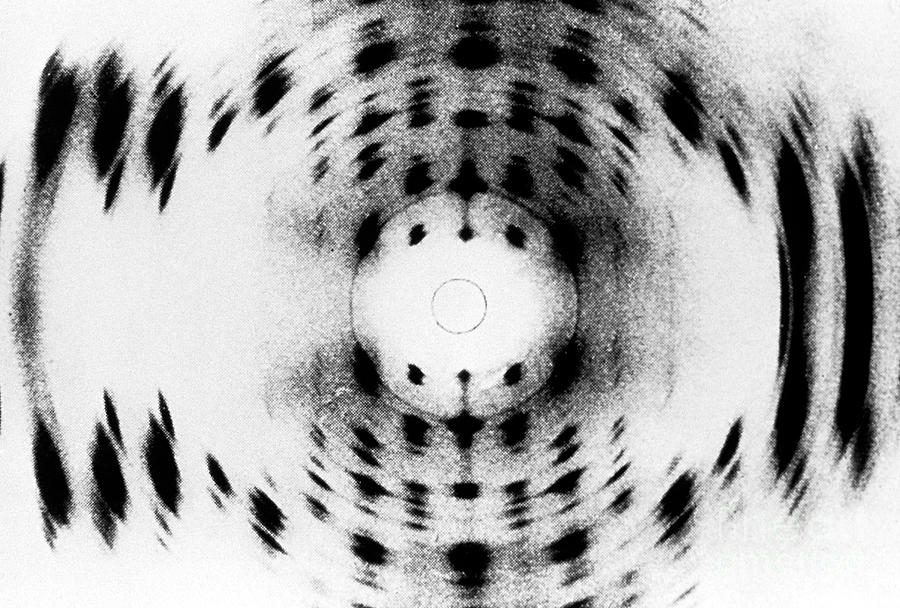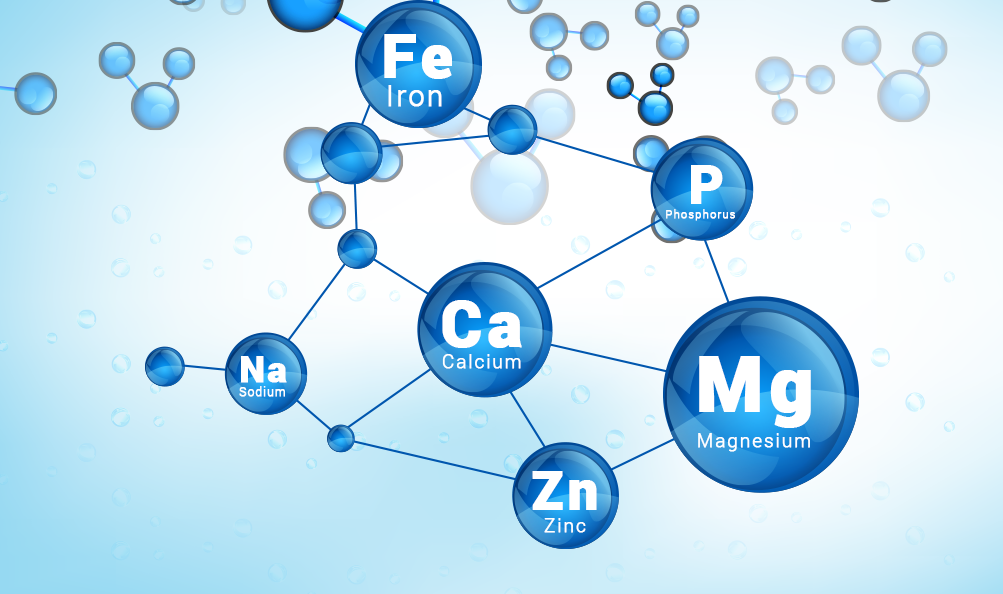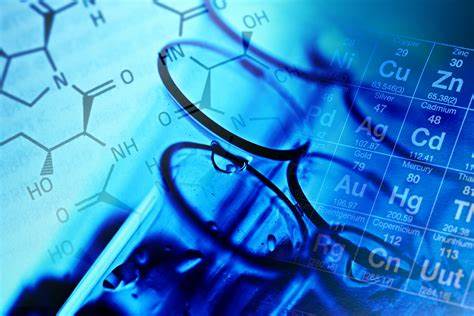CO1: Identify the fundamental concepts of thermodynamics.
CO2: Relate and interpret the various laws of thermodynamics.
CO3: Understand the concept of entropy and how the whole universe is related to it.
CO4: Construct phase diagrams and study the equilibrium exists between various states of matter, and apply principles phase diagram to separation processes and for property modification of different type of system.
CO5: Understand basic principles of surface chemistry and its application in various fields.
CO6: Correlate the types of colloids with its properties and to explore the applications in day today life.
- Teacher: Dr. RAHANA AMEEN Chemistry
- Teacher: Mrs. RANJUSHA M K Chemistry
- Teacher: Mrs. SRUTHI K P Chemistry
CO1: Recognize and relate the properties of ideal and real gases.
CO2: Describe the properties of liquids.
CO3: Identify and distinguish the types of solutions.
CO4: Explain colligative properties of dilute solution and determine the molecular weight of a solute.
CO5: Identify different crystallographic systems and various types of crystal defects.
CO6: Describe X ray diffraction to explain internal structure of solids.
- Teacher: Dr. ARADHANA N Chemistry
- Teacher: Dr. VIJESH A M Chemistry
- Teacher: Mrs. RANJUSHA M K Chemistry
- Teacher: Mrs. SRUTHI K P Chemistry
CO1: Understand the behavior of transition and inner
transition elements and explain the separation of
lanthanides by ion exchange method and lanthanide
contraction.
CO2: Understand key features of co-ordination
compounds and illustrate the theories of coordination
complexes, stability of complexes and explain factors
affecting crystal field splitting.
CO3: Explain biological functions of metal ions.
CO4: Familiarize new elements in periodic table and
understand recent developments in inorganic
chemistry.

- Teacher: Dr. ARADHANA N Chemistry
- Teacher: Dr. NISHA V K Chemistry
- Teacher: Mrs. MANJU R NATH Chemistry
CO1: Understand the qualitative and quantitative
aspects of analysis and separation techniques
CO2: Explain instrumentation and working principle
of different analytical techniques – TGA, DTA and
radio chemical method of analysis.
CO3: Familiarize with the preparation, properties and
uses of some inorganic compounds like hydrides of
boron, sulphur and silicon based inorganic polymers
and understand their importance.
CO4: Explain the classification of refractories.
CO5: Know the position, electronic configuration and
physical properties of noble gases and explain
hybridization and geometry of different xenon
compounds.
CO6: Explain various steps involved in metallurgical
operations and power metallurgy and understand
Corrosion, theories of Corrosion and factors affecting
Corrosion.

- Teacher: Dr. ARADHANA N Chemistry
- Teacher: Dr. SUJITH K V Chemistry
- Teacher: Dr. VIJESH A M Chemistry
- Teacher: Mrs. MANJU R NATH Chemistry